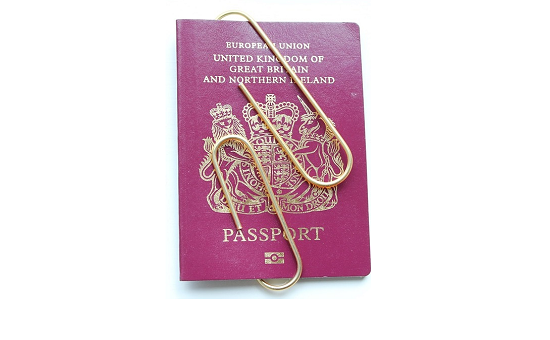Henley Business School discontinues its full-time MBA for the 2019/2020 academic year with current applicants being transferred to other master degree programmes. Interest in the programme had waned considerably, the Financial Times reported.
According to an analysis by the Financial Times several British business school are seeing an increase in applications. Amongst them are Warwick Business School, London’s Cass Business School and Cranfield School of Management which will probably achieve a double-digit percentage year-on-year increase for autumn 2019. London Business School has also seen higher than usual application numbers – up by three per cent on the previous year whilst the US-American schools continue to see decreasing numbers.
This news is surprising given that the Brexit fears were supposed to deter applicants. But the FT has a plausible theory, namely that the US trade war with China is deterring MBA applicants. This follows a tightening of visa restrictions, which altogether might have shone a light on the UK.
London’s Cass Business School has recorded particular interest from Asia, a region that previously would have gone to the US for studying. “One thing we can all agree on about Mr Trump is that he is the biggest plus for UK higher education,” Steve Thomas, associate dean for MBA programmes, told the FT. “His behaviour in relation to China, and against companies like Huawei in particular, is making the US significantly less attractive to students from Asia.”
A survey by the Graduate Management Admission Council (GMAC) from last December stated already that more than half of all the students that participated said Brexit had no impact on their decision whether or not to study in the UK.
Read more on www.ft.com

